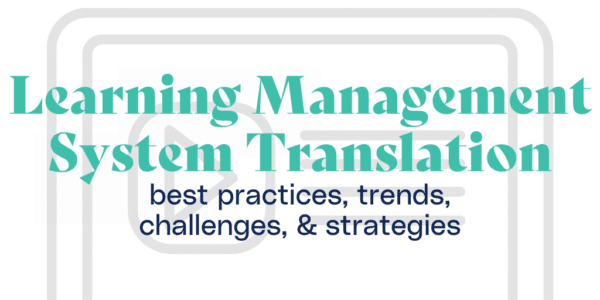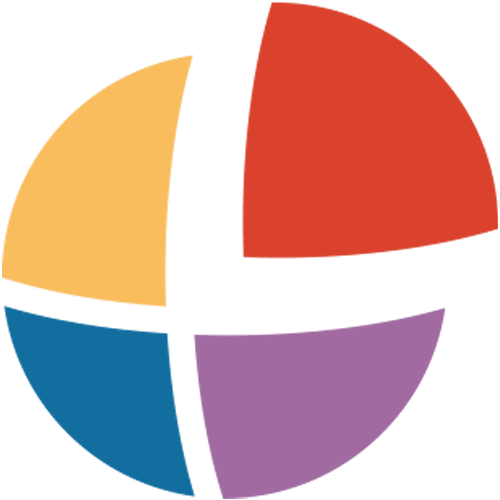
This guide emphasizes the significance of LMS translation for global inclusivity, offering strategies, case studies, and resources to enhance educational initiatives by making learning content accessible and engaging for diverse linguistic audiences.
From understanding the significance of Learning Management System translation for global inclusivity to exploring effective strategies and future trends, this guide offers valuable insights for educators and organizations. With a focus on promoting accessibility and engagement, it emphasizes the importance of embracing LMS translation to create a truly inclusive learning environment. Explore the article for actionable tips, case studies, and resources to enhance your educational initiatives in the digital age.
Topics covered in this article:
- What is a Learning Management System?
- The Importance of LMS Translation
- The Global Reach of eLearning with LMS Translation
- Challenges in LMS Translation
- Strategies for Effective LMS Translation: Selecting the Right Translation Approach
- Identifying Key Content in Your LMS for Translation
- Benefits of LMS Translation: Improved Learning Outcomes
- Best Practices for LMS Translation
- Future Trends in LMS Translation
What is a Learning Management System?
In the digital age, Learning Management Systems (LMS) have emerged as powerful tools for education and training. These platforms provide a digital environment where organizations can create, deliver, and manage learning content. LMSs have transformed how we approach education, making it more flexible, accessible, and efficient.
The Importance of LMS Translation
LMS translation is pivotal for more effective and inclusive online learning. It involves converting the content of an LMS, including course materials, quizzes, discussions, and more, from one language into another to help bridge the language gap, making learning accessible to a wider audience.
Furthermore, it’s essential to recognize that it’s not just about translating the core eLearning course content, but also localizing course descriptions and titles. When a user switches the language of choice within the LMS user interface, they should see course descriptions and titles that are translated and culturally adapted, ensuring that learners can easily navigate and select courses in their preferred language. This approach further enhances language access and inclusivity, creating a more welcoming and accessible learning environment.
The Global Reach of eLearning with LMS Translation
The internet has made education and training accessible worldwide. eLearning has gone beyond traditional classrooms, reaching every corner of the globe. As a result, learners from diverse linguistic backgrounds can access courses from prestigious institutions and organizations irrespective of their geographical location. This transformation has revolutionized education, enabling lifelong learning and skill development. However, this global reach also introduces a challenge – the need for multilingual support.
Promoting Inclusivity and Accessibility
In a world with over 7,000 languages, not everyone speaks English or the primary language of a course. LMS translation promotes inclusivity and accessibility. It ensures that individuals who speak languages other than English can access and benefit from the online course(s). This is particularly crucial for non-native English speakers and individuals with varying levels of language proficiency.
Imagine a talented student or a skilled professional who is fluent in their native language but faces significant barriers when trying to learn a foreign language. When done professionally and accurately, LMS translation eliminates this barrier, providing equal learning opportunities for all.
Data and Statistics for Why Translate Your LMS
The importance of LMS translation is underscored by data from esteemed organizations. According to the UNESCO Institute for Statistics, the number of students enrolled in tertiary education abroad more than doubled from 2 million in 2000 to 6 million in 2019. This internationalization of education highlights the urgent need for multilingual educational resources.
Moreover, research conducted by the World Bank Education shows a strong correlation between language accessibility and learning outcomes. Students who learn in their native language perform significantly better in tests and assessments. This is a powerful indicator of LMS translation’s role in the educational success of a diverse global population.
Category: Translation
Service: eLearning Translation
Industry: Education, Learning and Development
Don't forget to share this post!
Stay Updated with Interpro
Subscribe to our newsletter for the latest updates and insights in translation and localization.








